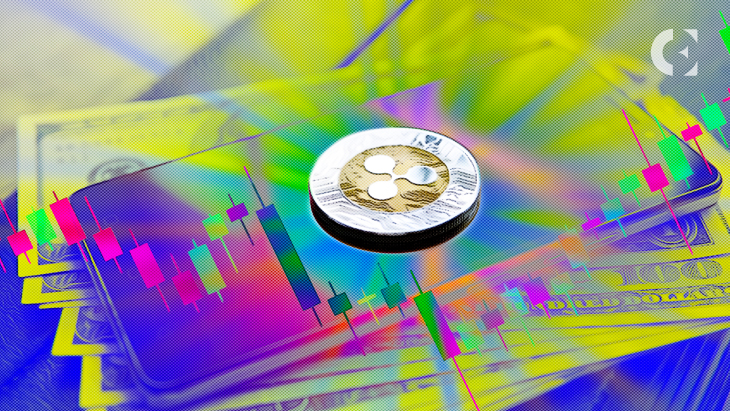- Crypto lawyer John Deaton called out the SEC for its regulatory inaction and contradictory stance on crypto regulations.
- “Shame on US regulators,” said the popular lawyer known for his impassioned advocacy for XRP.
- Deaton believes that the SEC is not remotely interested in protecting investors.
John Deaton, the renowned crypto lawyer and vocal advocate for Ripple, posted a 15-tweet long thread earlier today detailing the SEC’s many follies. Documenting the timeline of the SEC’s actions, Deaton called the bewildering mess of regulatory initiatives shameful and pointed out some of the contradictory statements made by US regulators.
In 2017, Deaton explained, the SEC released an investigative report on DAOs. During the 2017-19 period, there were 57 enforcement actions taken against crypto companies, involving ICOs. In 2018, the controversial Hinman Speech was made. And in 2019, the SEC issued its Framework for Digital assets.
Also in 2019, the former Chairman Clayton publicly agreed with Hinman’s speech stating the token itself was not a security and that a token can, at first, start out or be issued as a security, but later transform so that subsequent sales of the token no longer meet the Howey test.
Deaton argued that despite these clear statements from officials, four years later, the crypto industry was moving backwards regarding regulatory clarity. “It’s an absolute shame our regulators won’t sit down and establish a regulatory framework — even if it’s a framework many in the industry believe too harsh.”
Addressing Ripple’s situation, Deaton explained that the Ripple and XRP case was an easy opportunity for the SEC to establish regulatory clarity. “If Ripple owning 50% of the tokens is an issue,” he said, “then establish a standard that no one entity can own more than a certain percentage of the outstanding tokens as part of the sufficiently decentralized paradigm.”
Deaton further laid out several instances where XRP was described as a virtual currency. In 2014, the lawyer argued, the U.S. Government Accountability Office described XRP as a “virtual currency utilized in a decentralized payment protocol called Ripple.” In 2015, FinCEN declared XRP “convertible virtual currency” and forced Ripple to comply with US banking laws, which, notably, are not securities laws.
The SEC’s 2019 Framework literally states: If a token can be used as a payment or as a substitute for fiat, it is “unlikely to satisfy Howey.” That’s the very use case for #XRP.
Wrapping up the thread, Deaton reiterated how it was obvious that the SEC was not remotely interested in protecting investors and it certainly hadn’t maintained “fair, orderly, and efficient markets” nor “facilitated capital formation.”
Disclaimer: The information presented in this article is for informational and educational purposes only. The article does not constitute financial advice or advice of any kind. Coin Edition is not responsible for any losses incurred as a result of the utilization of content, products, or services mentioned. Readers are advised to exercise caution before taking any action related to the company.










